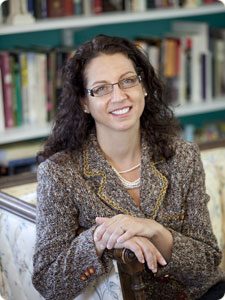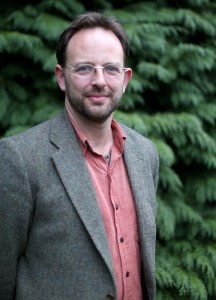Join us for our (Re)Thinking Yugoslav Internationalism Conference in Graz, 29 September – 1 October
Posted on 20 September, 2016 in1989 after 1989 End of Yugoslavia Globalisation Rethinking 1989 Socialism

Coinciding with the 55th anniversary of the Belgrade summit and the foundation of the Non-Aligned Movement, this conference will address a range of questions relating to the wealth of diplomatic, economic, intellectual and cultural encounters and exchange between 1945 – 1990, both within the Non-Aligned Movement, across the socialist world and with the developed countries. It will map the history of Yugoslavia’s global engagements not only as a subject associated with political and diplomatic
history, but also as a broader societal and cultural project.
This is a collaborative conference between ourselves and the Centre of Southeast European Studies at the University of Graz.
WHERE:
University of Graz
Meerscheinschlössl / Festsaal
Mozartgasse 3
8010 Graz
→University of Graz campus map
WHEN:
29 September 16:00 – 19:00 1 October
KEYNOTE SPEAKERS:
 Professor Kristen Ghodsee
Professor Kristen Ghodsee
Bowdoin University, USA
 Professor James Mark
Professor James Mark
University of Exeter & 1989 after 1989, UK
Human Rights after 1945 Conference Report Published
Posted on 29 June, 2016 in1989 after 1989 Eastern Europe Globalisation Human Rights Post Socialism Rethinking 1989 Socialism

The conference Human Rights after 1945 in the Socialist and Post-Socialist World took place on the 3 – 5 March 2016 at the German Historical Institute, Warsaw. It was a collaborative conference between 1989 after 1989; the German Historical Institute Warsaw; Georg-August University of Göttingen and the London School of Economics. The aim of the conference was to highlight the role and historical agency of the socialist world in the history of human rights.
The conference report is now available on our conference pages and on Geschichte Transnational. It summarises papers presented across 6 panels covering topics such as state socialism, human rights and globalisation; how human rights is defined internationally; state socialist conceptualisation of rights and human rights; socialist foreign policy; transnational movements and flows; and political dissent in relation to the global history of human rights.
The importance of analyzing vernacular human rights, i.e. analyzing when and how people used human rights languages [5], was one of the leitmotifs of the conference. The issue of teleology and normativity in historical human rights research was another major topic. Consequently, many papers presented stories of failures that contradict positivist narratives and challenge policy-orientated narratives of democratic transition. Parallel to transnational and international human rights history, the role of the state in human rights history was another key issue of the conference. Bringing the state back in, human rights can also be seen as an element of legal history – a promising approach embedding the highly normative notion of human rights in a wider legal history context. This conference brought together scholars working on various regions and actors in a truly fruitful manner. It linked different approaches and perspectives on the history of human rights in a way that contributed to an urgently needed, more complex understanding of the socialist world’s role in human rights history.
Read the full conference report.
[Top]





